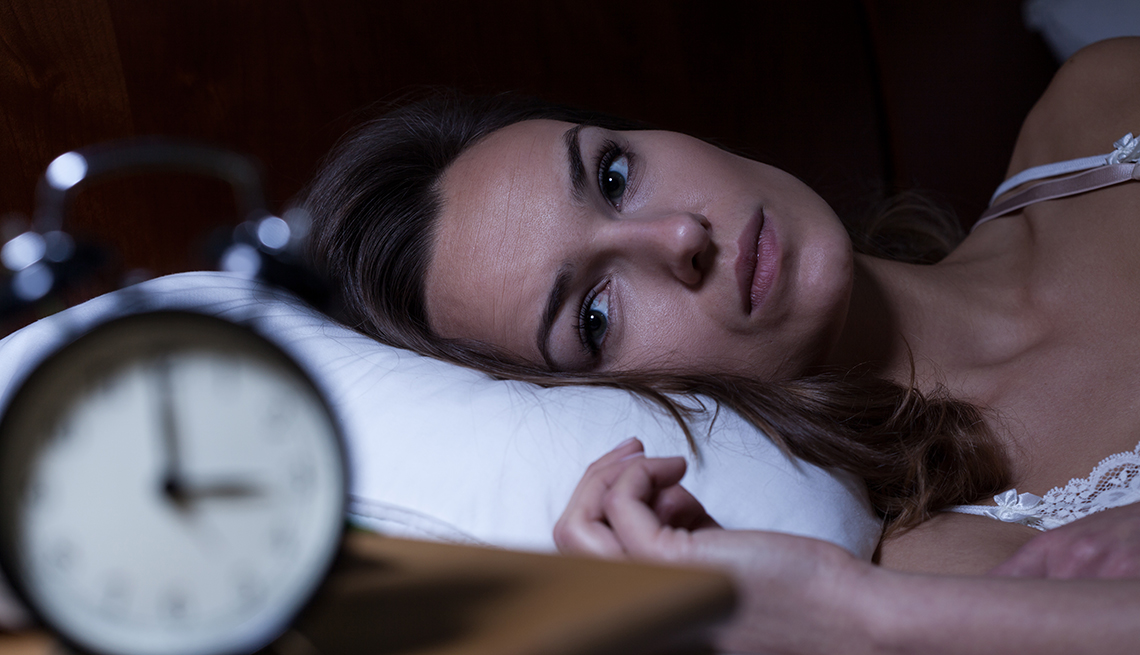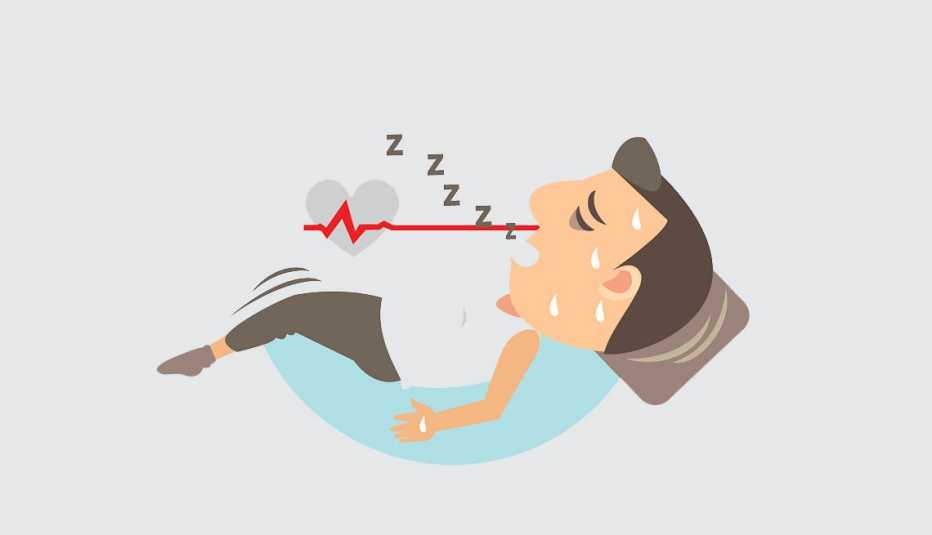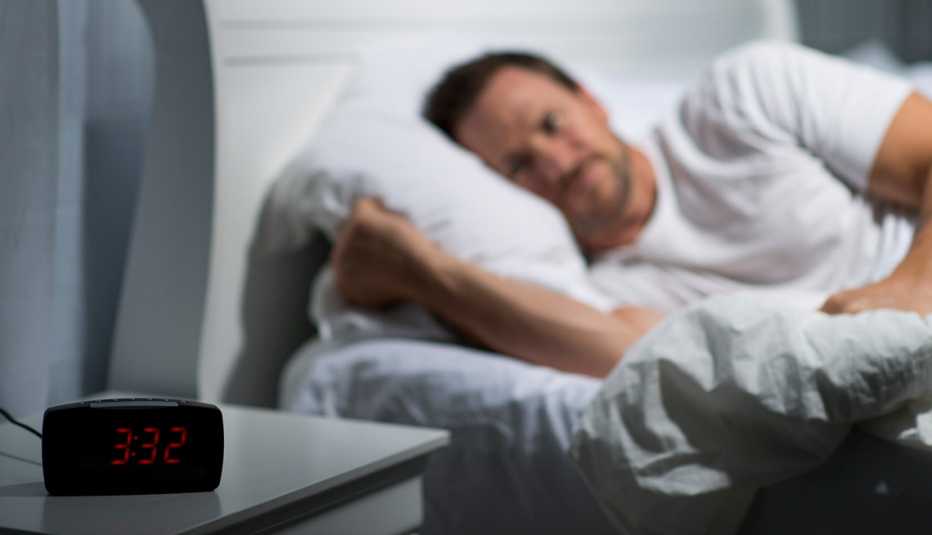AARP Hearing Center
For the 70 million Americans who suffer from insomnia, nighttime can be endless and exhausting. If you're a chronic non-sleeper, you've no doubt followed expert advice to turn off the electronics, keep the bedroom dark and cool, and avoid alcohol and caffeine before bed. But we've found five surprising reasons why you might not be sleeping through the night. And they're all fixable.
1. You eat a lot of fast food
As if you really need another reason to give up sweetened beverages, consider this: Adults who drank a lot of soda were more likely to sleep just five hours a night or less, according to a 2016 study in the journal Sleep Health. Consuming large amounts of sugar may increase insulin resistance and produce inflammation. Add to the soda a fast-food meal like a burger and fries, and you've got the perfect recipe for poor snoozing. "When your body is constantly putting out fires from processing unhealthy foods, the result may be shallower sleep," says Michael Grandner, director of the Sleep & Health Research Program at the University of Arizona College of Medicine in Tucson.
Fix it
Go for greens and green tea. Older adults who followed a Mediterranean diet — with its emphasis on fruits and vegetables, fish, nuts, seeds and olive oil — were more likely to snag better-quality slumber, a 2017 study in the journal Sleep found. Also, a new Japanese study discovered that lowering the amount of salt in the diet can dramatically cut middle-of-the-night bathroom calls.
2. Your back hurts
Of those who suffer from chronic pain, one-quarter said they have difficulty staying asleep at night, and 10 percent can't nod off easily, reports a 2017 study in BMC Family Practice. Unfortunately, pain can cause "micro-arousals" throughout the night, and insomnia can lower your pain tolerance. The result: a vicious cycle that feeds sleep problems.
Fix it
Talk to your doctor about ways to relieve pain without drugs. Heat, massage and acupuncture, for example, are effective for lower-back pain. Or try tart cherry juice. Drinking eight ounces twice a day has been shown in preliminary research in older adults to reduce pain and increase sleep by 84 minutes per night, says Robert Oexman, director of the Sleep to Live Institute in Mebane, N.C.






































































